Nigeria’s Nobel Laureate, Prof Wole Soyinka, has joined those calling on Nigerians to give the Southeast region an opportunity for once to produce the President of the country.
Soyinka based his call on what he described as a way to heal the wounds of the Nigeria-Biafra Civil War.
The war, which occurred from 1967 to 1970, was as a result of agitation for independence by the people of Southeast who declared the Republic of Biafra and the entire country fought the region on their own soil leading to the death of over 3 million Igbos, including children.
After the war ended, there were programmes unveiled by the then General Yakubu Gowon administration tagged the three ‘Rs’ – Reconciliation, Rehabilitation and Reconstruction – to heal the wounds of the war. The programme was reportedly abandoned soon after the Igbos rejoined the country in 1970.
However, almost 53 years after, issues of agitation by the region is still persisting with claims of marginalisation hovering the space.
Speaking on Channels Television on Monday, Soyinka who has been an advocate of restructuring the Nigerian polity said conscious effort needs to be made to rewrite the history and foreclose issues that led to cries of marginalisation and the continued agitation for independence with the attendant instability in the country.
He said one surest way of addressing the festering crisis is to allow the emergence of a Southeast presidency.
He said: “It is not just about reconstruction, it is also about rewriting of history.
“We believe that to close the circle of negativity, that we have embarked on before and during the civil war, I believe, the presidency, as soon as possible, should go towards the eastern region which lost a war.
“This is one of the ways to heal the wounds of the nation – that is a principle and philosophy.”
READ ALSO: I Did Not Endorse Tinubu- Wole Soyinka
The Nobel Laureate, who reechoed his stance that Nigeria should be restructured, however, stated that none of the leading presidential candidates offered a pragmatic blueprint for restructuring the country, hence, the reason he did not endorse anyone.
The world literary icon who believes that restructuring the country to allocate certain vital functions that require a grassroots approach to Federating units is the best way to FasTrack development of Nigeria said: “In fact one of the reasons I refused to endorse any candidate is because none of the candidates addressed the things closest to my heart, like again, reconstructing the nation.
“I did not see any genuine commitment, any believable agenda about restructuring, decentralization of Nigeria which is at the heart of the problem for me at the moment,” Soyinka said.
“People were more concerned with just aiming for power,” he added.
On the argument that Nigeria is yet to fully appreciate what democracy is all about, hence the cases of violence and other forms of irregularities before, during and after the 2023 general election, Soyinka said he disagrees with that.
He observed that the June 12 election, for instance, considered the freest and fair poll in the country, shows that the people understand what democratic is all about, but certain measures need to be put in place to correct the anomalies in the system.
“I do not think we do not understand democracy. Certain stakes have been catapulted to the fore and over – have come to overwhelm what should be the real stuffing of the democratic process,” Soyinka said.
“We can still come back to that phase where we had a common purpose that enough of military rule, I’m talking about June 12, and demonstrated, not just to ourselves but to the whole world.
“Yes, we know what democracy is and we know how to practice it and unfortunately, we seem not to have succeeded in reaching that level of democratic concert that we exhibited when said, look, let us take back our own political violation and get rid of the Kaaki boys and we can still come back to it.”
Speaking on the outcome of the 2023 election, the Nobel Laureate noted that the result showed that the people have come to realise “the power they have and the youths have woken up.”
Victor Ezeja is a passionate journalist with six years of experience writing on economy, politics and energy. He holds a Masters degree in Mass Communication.

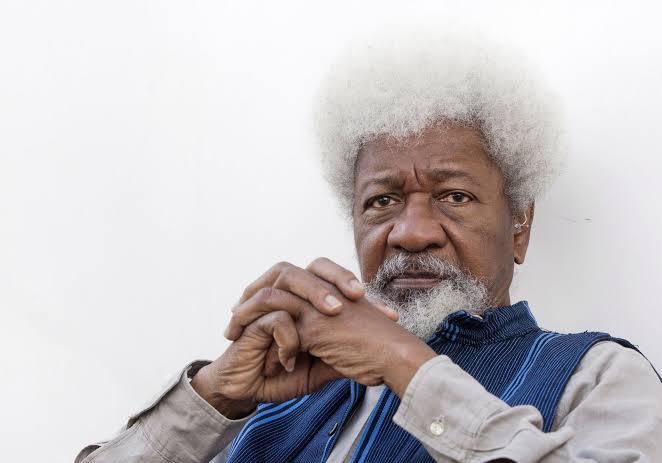



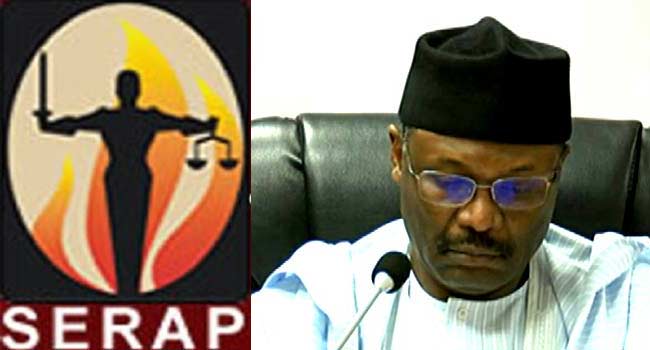
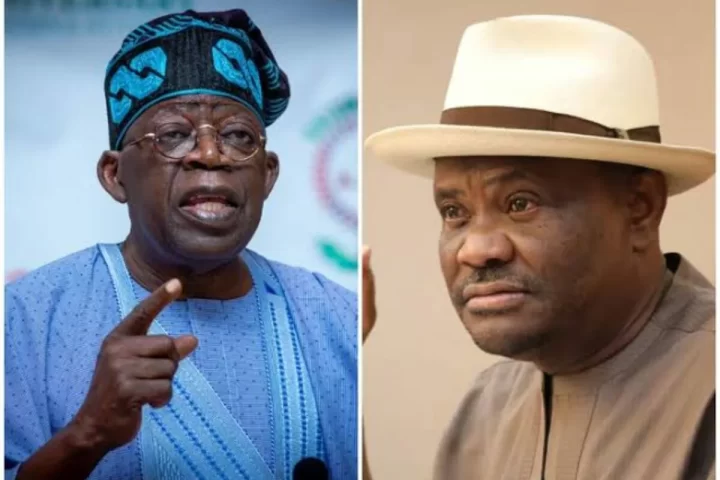
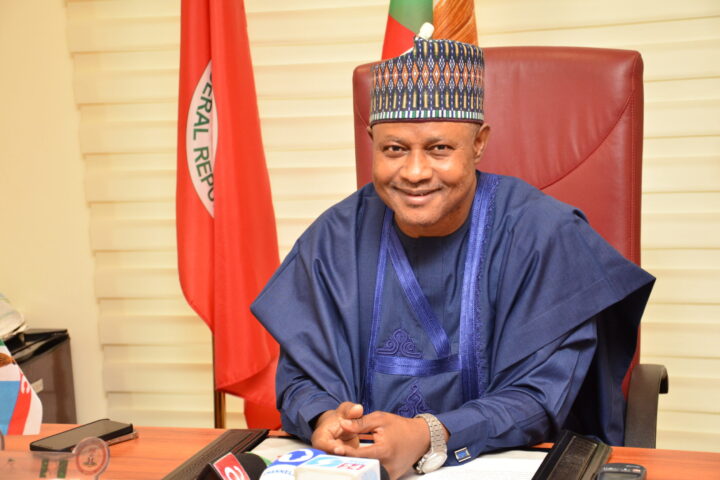







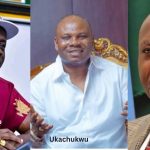
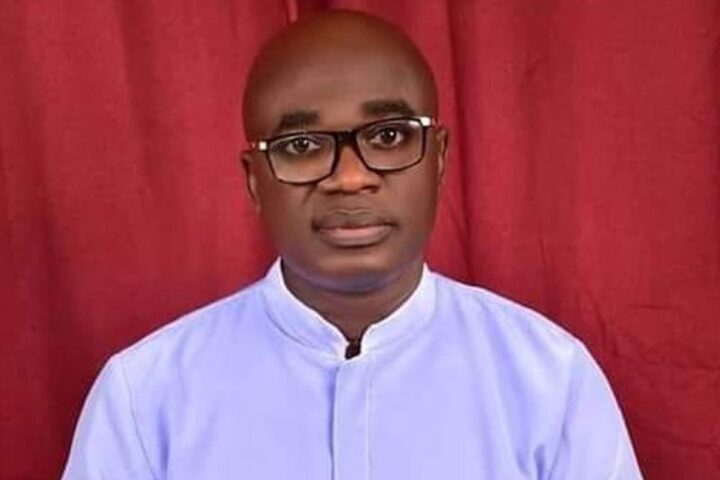
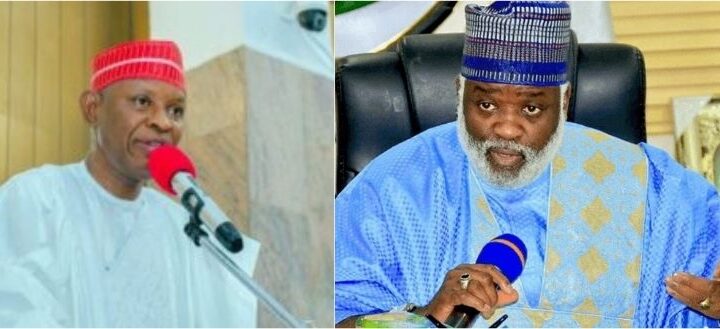
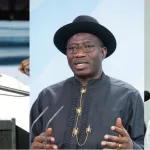
Follow Us